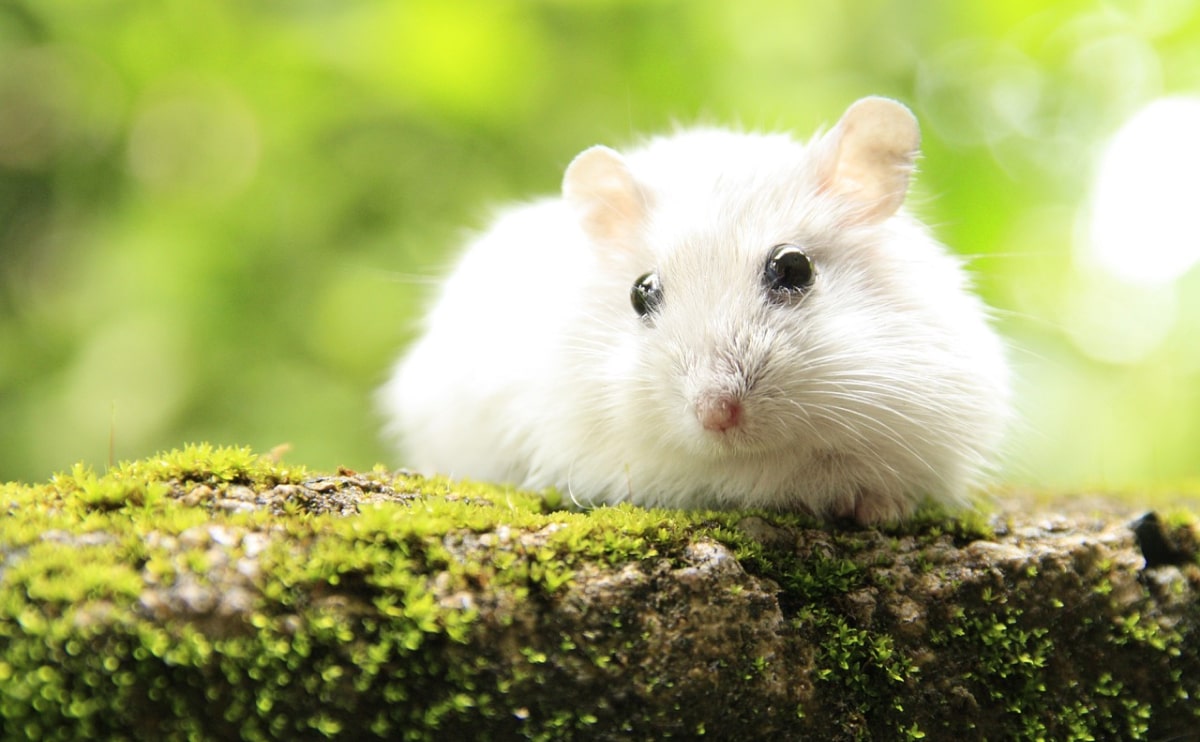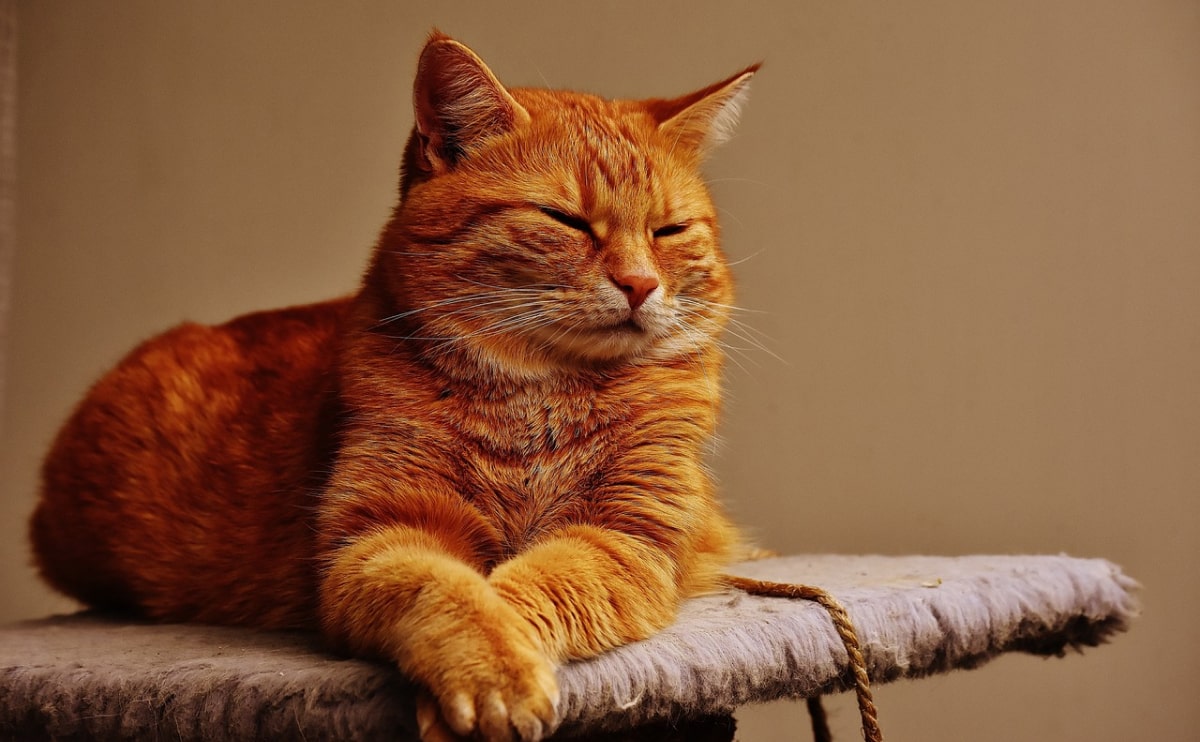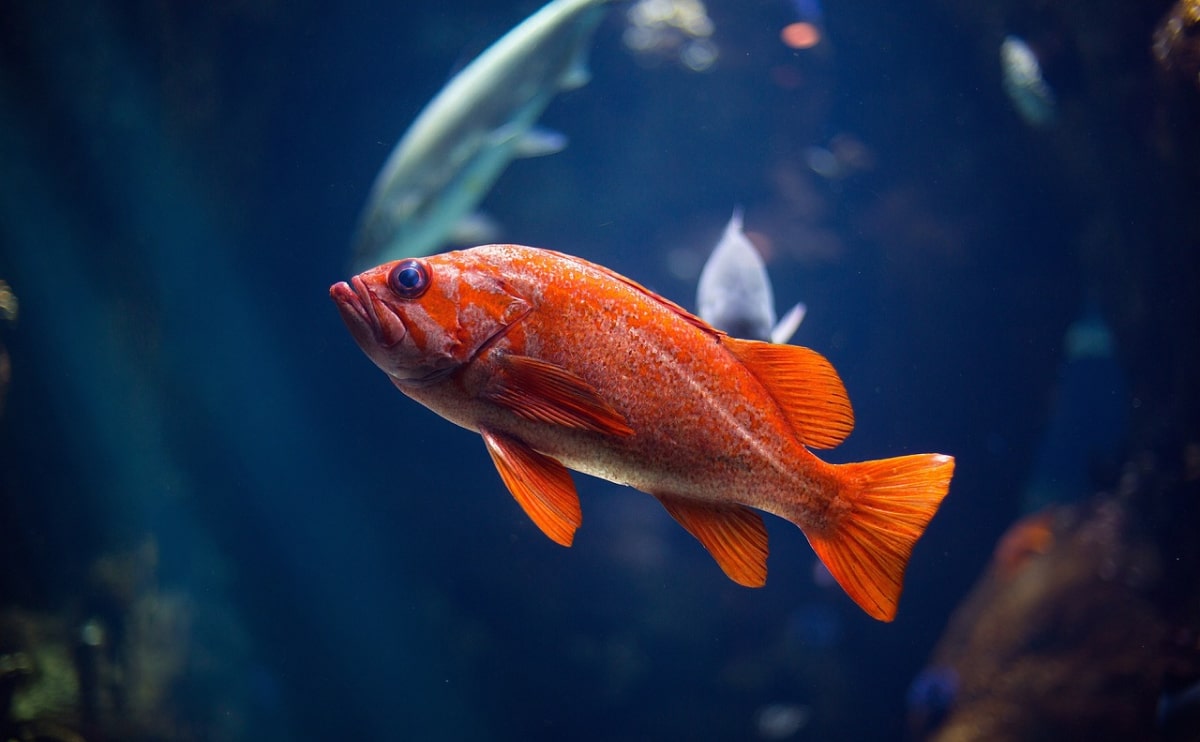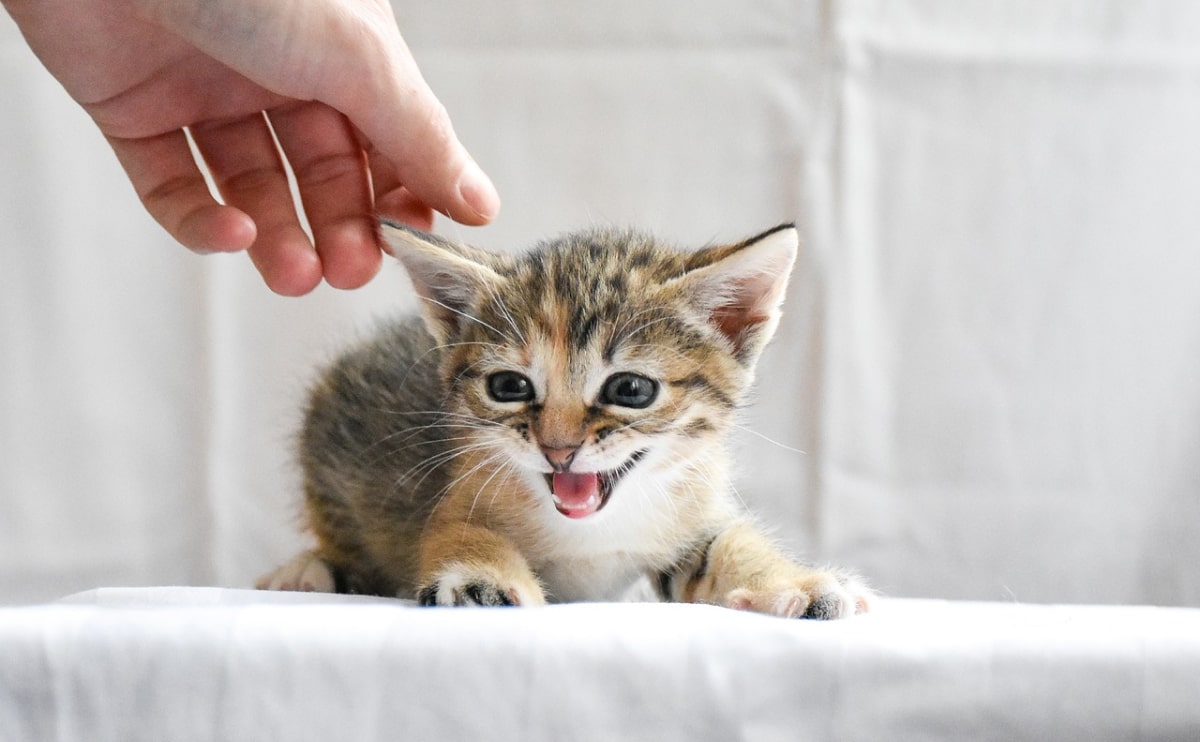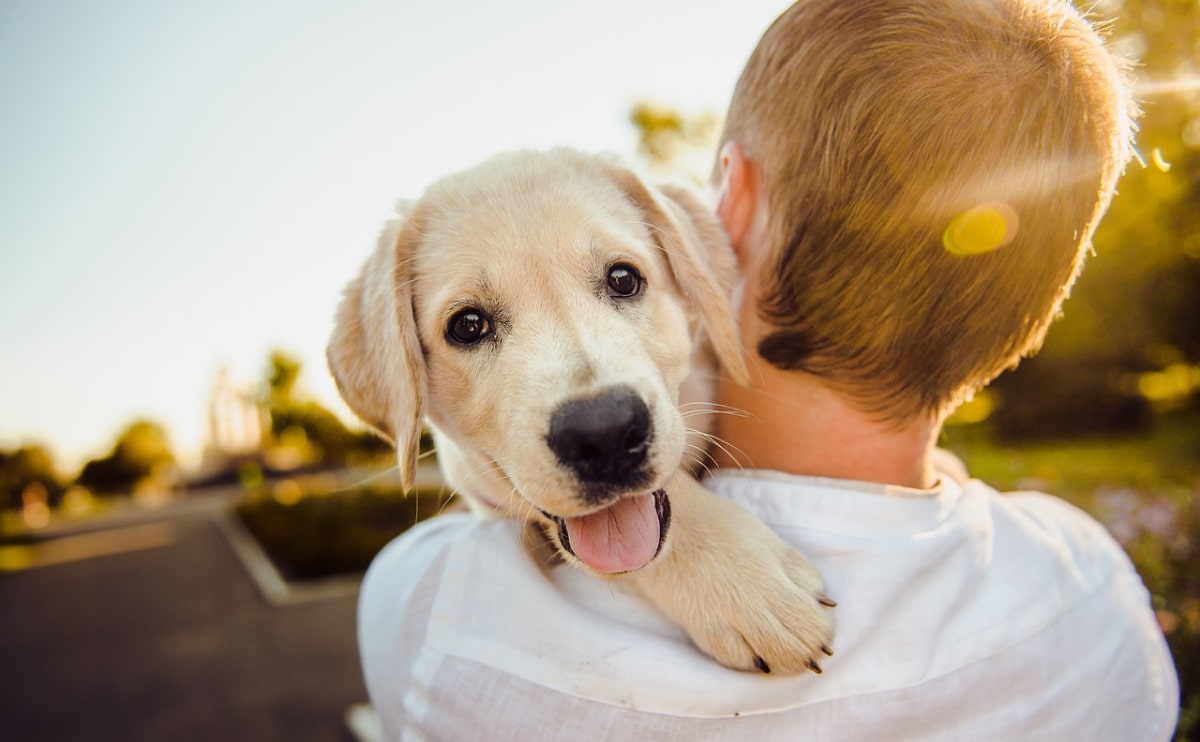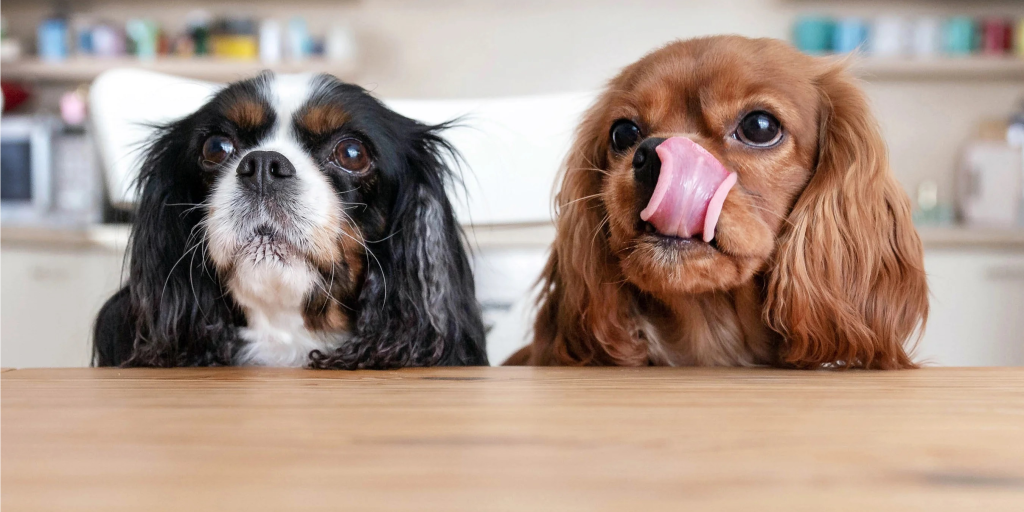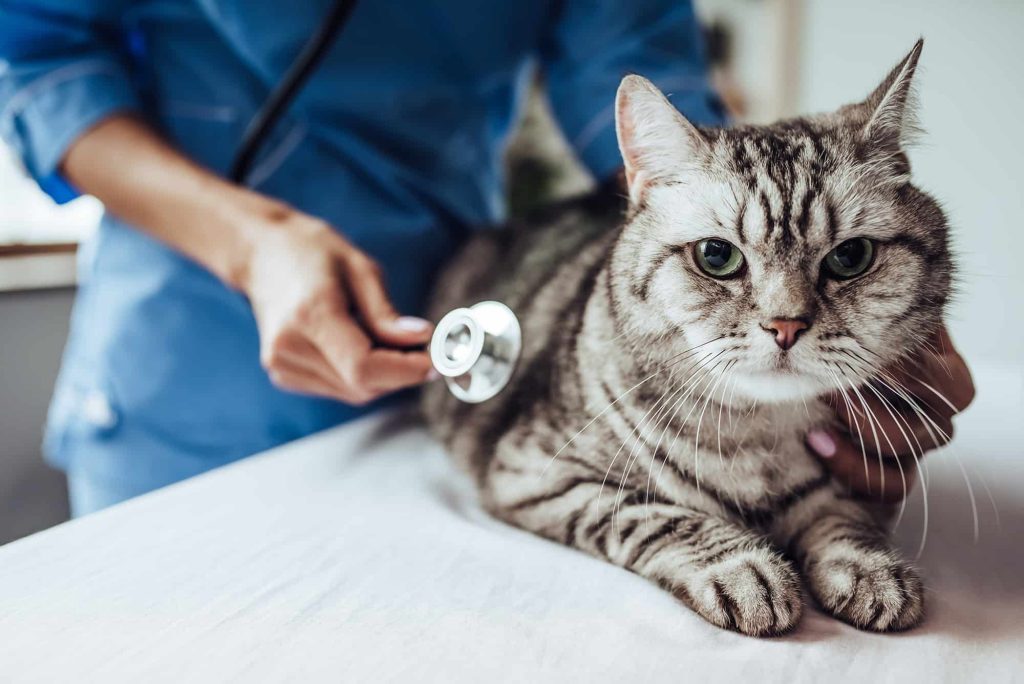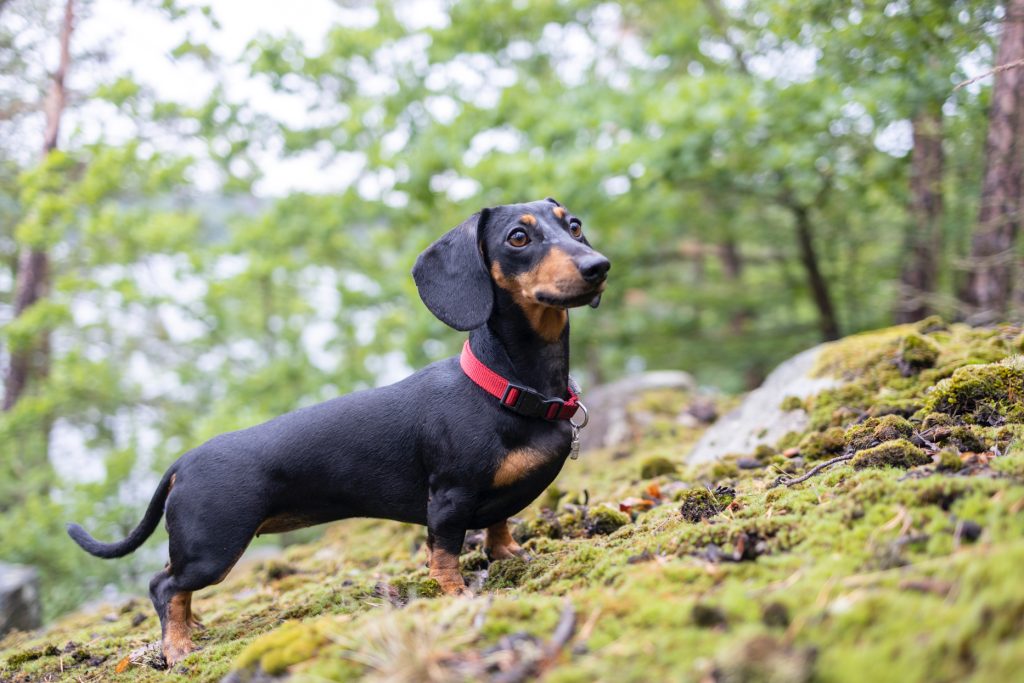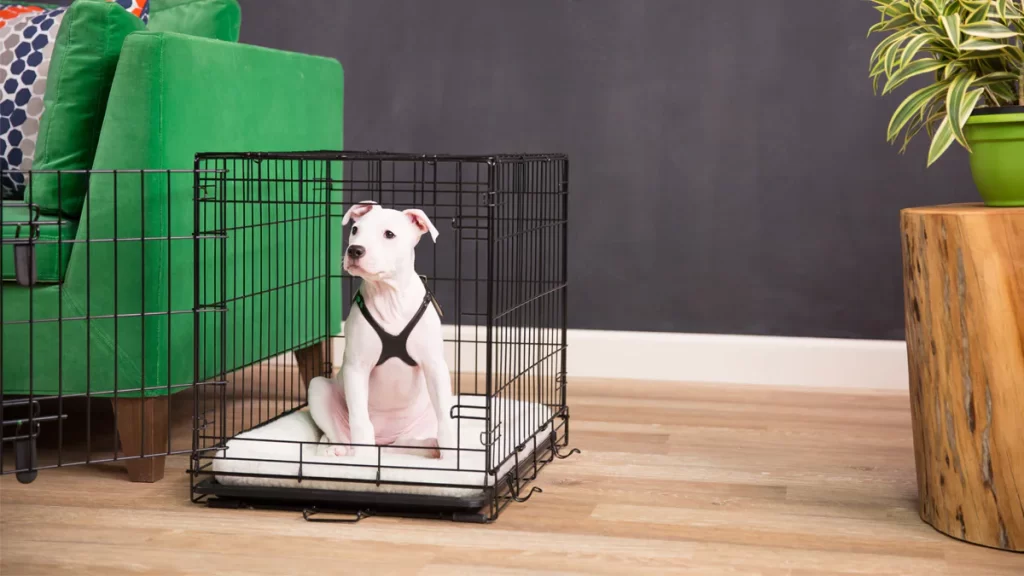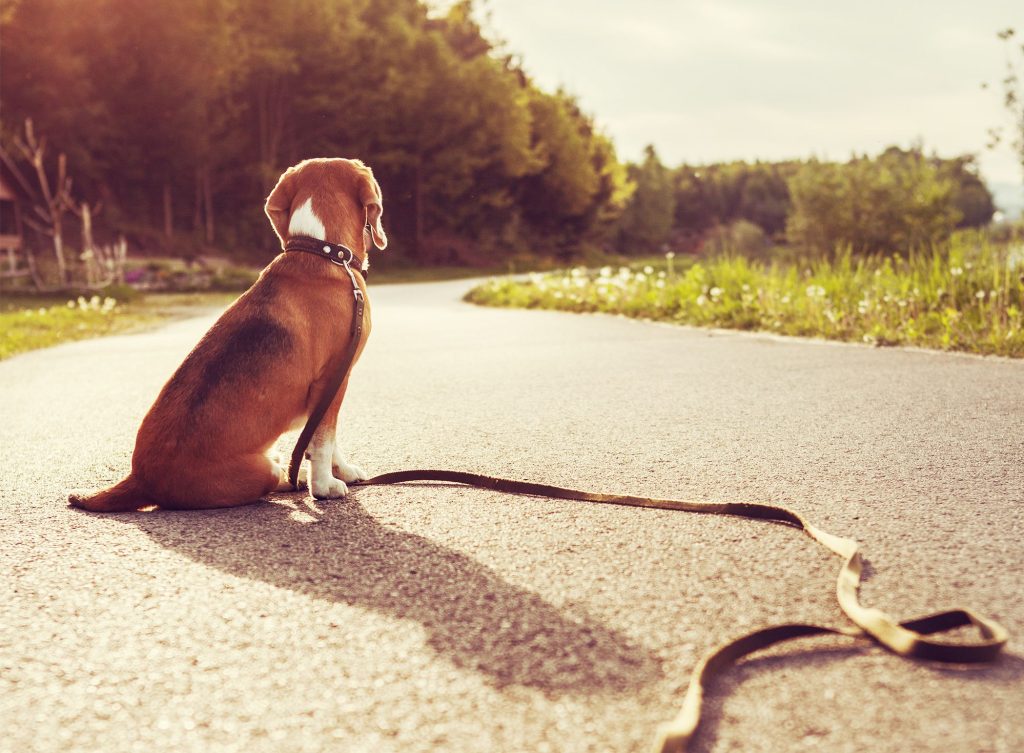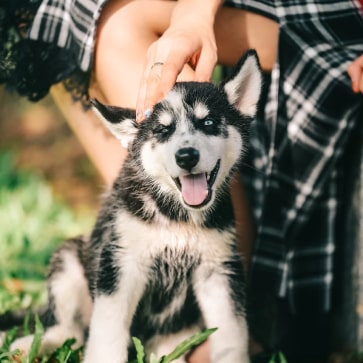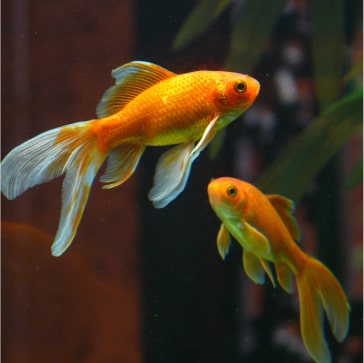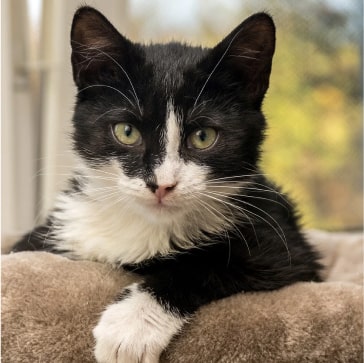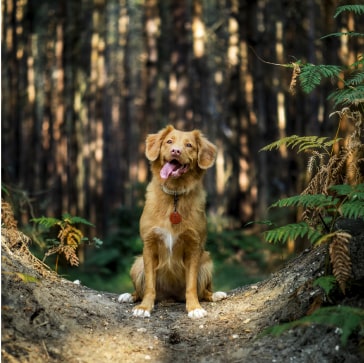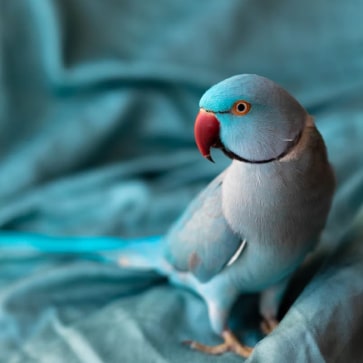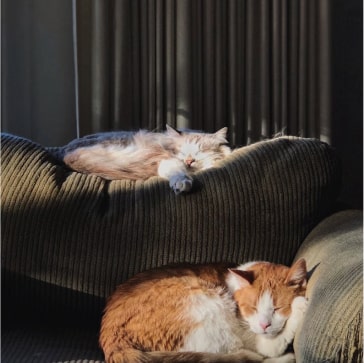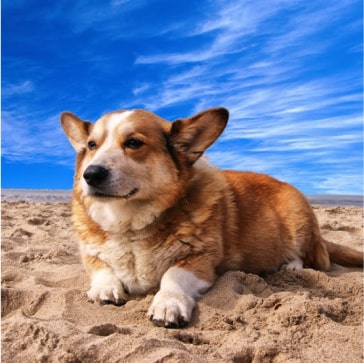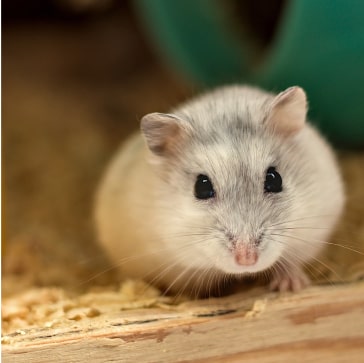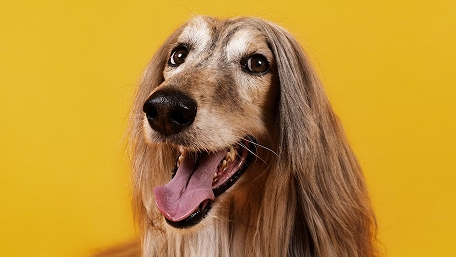Blog
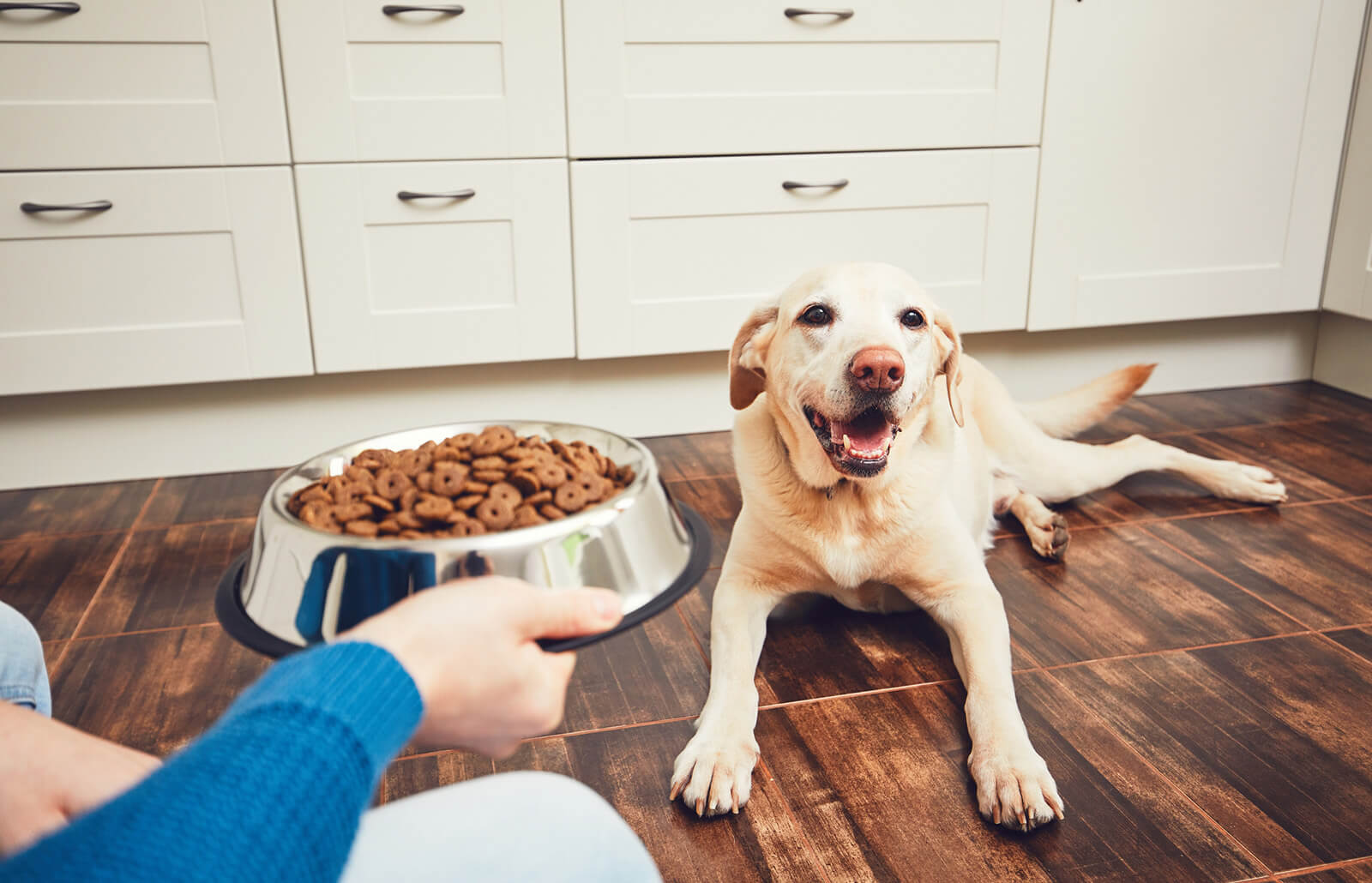
Grain-Free Dog Food: Beneficial or Dangerous?

Just because your dog like meat doesn’t mean he should consume grain-free dog food. Learn about grain-free diets and why they have sparked debate.
So. Many. Choices. You know, since you’ve looked at all the different kinds of dog food when strolling through the aisles of your local pet store or buying online. And if you look into grain-free dog food, which many pet owners choose because they believe it is more similar to the meaty diets of ancient wolves, you’ll find foods ranging from chicken, lamb, and kangaroo to bison and bunny—along with peas, lentils, and potatoes. Is this, however, a healthy diet for your dog? Continue reading to discover more about grain-free dog diets and if you should give them to your four-legged buddy.
What Is the Definition of a Grain-Free Dog Food Diet?
It’s actually rather straightforward. According to the American Kennel Club, grain-free dog food is any product that does not include maize, wheat, soy, rice, barley, or other grains. However, since dogs need carbs for energy, grain-free dog diets include other sources such as peas, lentils, chickpeas, beans, and potatoes or sweet potatoes.
Why is the FDA looking at grain-free dog food?
The FDA Center for Veterinary Medicine is looking into a potential relationship between dogs eating certain grain-free dog meals and canine dilated cardiomyopathy (DCM), which causes the heart to have a reduced capacity to pump blood. According to the agency’s July 2019 update, 91 percent of foods reported in DCM instances were grain free, 93 percent included peas and/or lentils, and 42 percent contained potatoes/sweet potatoes. There was no main animal source.
The FDA’s inquiry was prompted by reports of DCM in breeds lacking a hereditary propensity to the condition, such as golden retrievers. The FDA is still unsure of the specific cause of the issue.
“Is it a shortage of a grain supply? Or is it the other carbs, such as peas, lentils, and potatoes? “Jessica Romine, DVM, DACVIM, a veterinarian of BluePearl Veterinary Partners in Southfield, Mich., inquires. “They still haven’t figured it out. I doubt that any one element can account for everything “she claims
Are Grain-Free Dog Foods Healthy for Dogs Available?
If a grain-free food is essential, Romine suggests Eukanuba, Hill’s Science Diet, Purina, or Royal Canin grain-free products. These are among the few alternatives that fulfill the World Small Animal Veterinary Association’s (WSAVA) current nutrition and safety criteria, as well as the Association of American Feed Control Officials’ (AAFCO) labeling regulations (AAFCO). They have also undertaken AAFCO feeding testing to assure their safety.
“We can’t avoid so many health issues,” Romine explains. “Controlling your dog’s nutrition may help avoid heart disease. Err on the side of eating a diet that does not have those issues [being researched by the FDA] until we have a better understanding of the situation.”
My dog is strictly grain-free. What Are the Symptoms of Dilated Cardiomyopathy?
According to Romine, symptoms of dilated cardiomyopathy in dogs include exhaustion, weakness, a decline in energy level, and, as a consequence, shorter walks. A more severe form of DCM may cause laborious breathing, a soft, wet cough, purple gums instead of pink gums, and, in rare cases, a heart murmur or heart failure.
“But just because your dog seems to be OK doesn’t mean he isn’t harmed,” Romine explains. “There have been countless examples of dogs with no symptoms having significant illness on echocardiography.”
What Should I Do to Keep My Dog Healthy on a Grain-Free Diet?
Romine advises bringing a dog that has been on a grain-free diet to the doctor, even if the creature is not exhibiting any symptoms. The veterinarian will examine your dog’s heart and take x-rays. A veterinary cardiologist may even do an echocardiography on your dog, which is the gold standard for assessing heart function. The good news, she explains, is that “as long as your dog is not in end-stage DCM and you switch to a grain-free diet,” she can cure the condition.
Instead of Grain-Free Dog Food, What Should I Feed My Dog?
The greatest thing you can do is talk to your veterinarian, who knows animal nutrition and can advise you on which high-quality dog food is best for your specific pet.
Still not sure? Look for recommendations from board-certified veterinary nutritionists (Diplomates of the American College of Veterinary Nutrition) who have completed four years of vet school as well as a two- to three-year veterinary nutrition residency. The nomenclature may be confusing, since words such as “animal nutritionist” or “dog nutrition expert” sound similar to “board-certified veterinary nutritionist,” yet lack the comprehensive study and training.
Petstup is an official seller of the many well-known pets brands, focused on improving the lives of pets, pet parents and our partners. We proudly offer a large variety of pet nutrition products and supplies competitively priced for dogs, cats, reptiles, fish, birds and small animals. Petstup is your one stop shop for all your pet’s needs. All our products are authentic, and pass all mandatory United States standards and veterinary practices. We run several warehouses across the United States to serve you better and faster.




